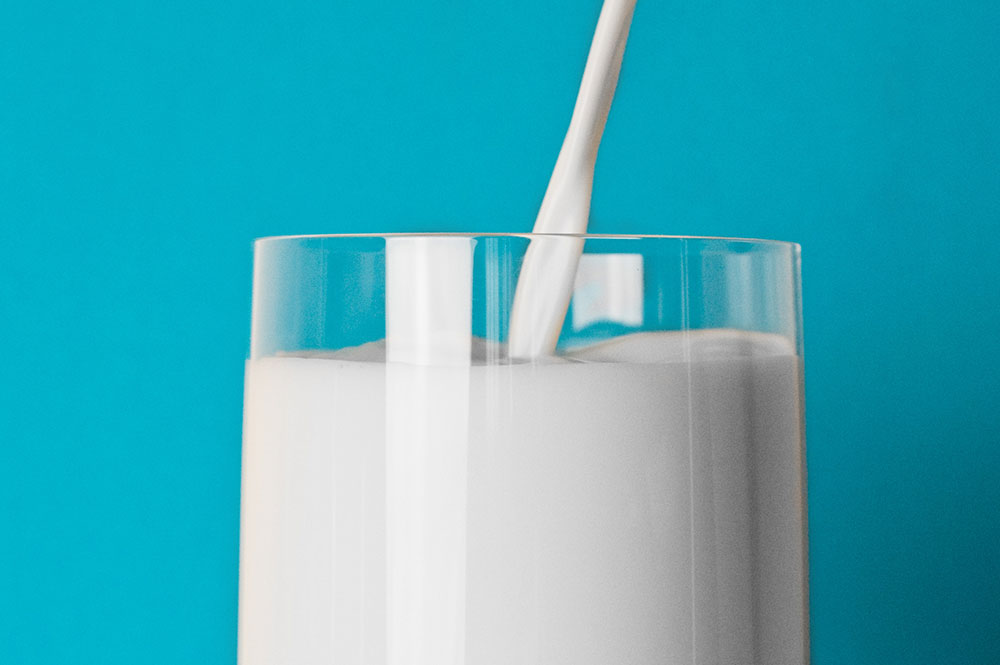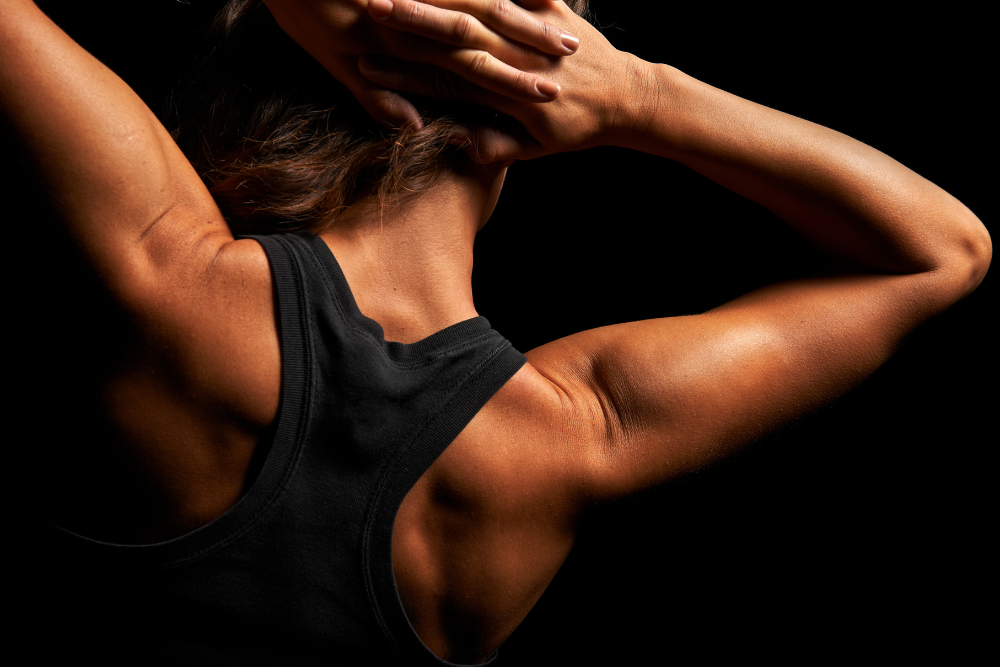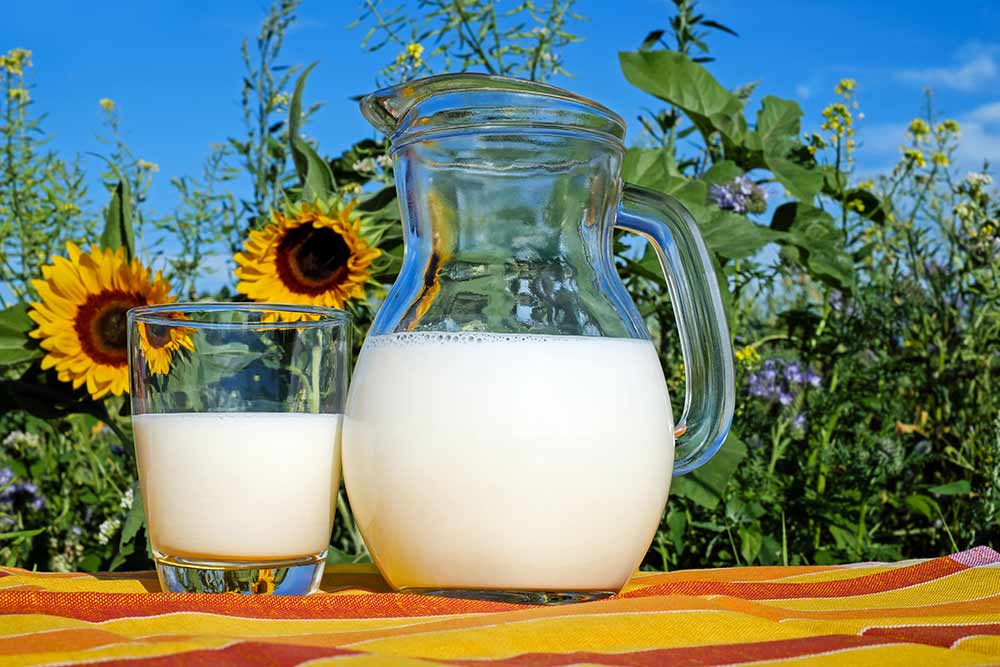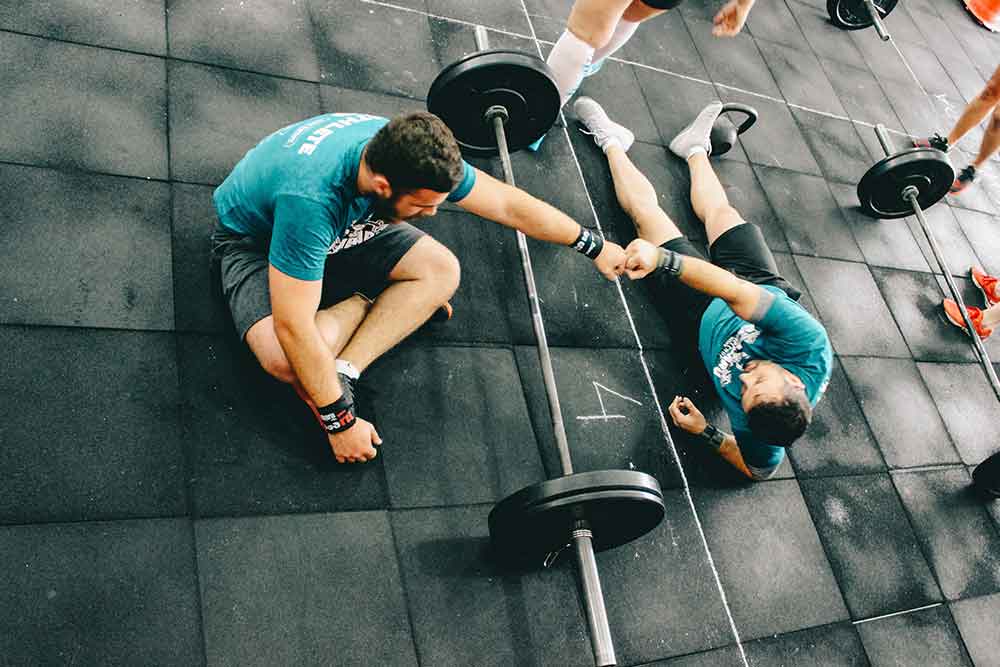Why Milk is an Effective Recovery Drink for Female Athletes

Mojtaba Kaviani, Ph.D., CEP
Cow milk contains protein, casein, carbohydrates, fat, vitamins and minerals, which are useful components of a recovery drink after exercise. Lactose, casein protein, and milk electrolytes are effective in glycogen synthesis, muscle protein synthesis, and replacement of body fluids post-workout.
Previous studies have shown that the consumption of 500 ml of milk after muscle-damaging exercise can reduce the rate of decrements of muscle performance indices in men and women, including the maximum peak force, reactive strength index, and sprinting performance. Muscle damage is evoked by using an intense mechanical eccentric protocol in a group of isolated muscles. Recently Rankin et al. reported that milk consumption following a repeat-sprint cycling (ie, concentric exercise) in females had minor impact on recovery. This suggests that the benefits of milk on recovery are most likely to occur in activities that have an eccentric component.
Related Article: Impact of Omega 3s Paired with Eccentric Exercise
The Study
18 female athletes (camogie and ladies gaelic football) with age of 21.6 ± 3.4 years with at least twice a week training participated in this study. Using an independent group design, participants visited the laboratory six times. The first visit included introducing the research project (the basic phase). Within 3 days, the base values associated with the dependent variables were determined. Participants were randomly divided into two milk groups (MILKs) and carbohydrates (CHO). Approximately 5 days after the baseline testing, participants completed the exercise protocol. Then, they returned to the lab 2hr, 24hr, 48hr and 72hr to re-evaluate the dependent variables.
Immediately following the completion of exercise protocol, participants consumed 500 ml of milk or 500 ml of energy-matched carbohydrate drink. Consumption of carbohydrate beverages after exercise is a common practice. Previous studies have shown that carbohydrate intake alone does not have an effect on the reduction of exercise-induced muscle damage. Macronutrient composition of 500 ml milk was: 215 kcal energy, 17 g protein, 25.5 g carbohydrate and 5 g fat. This milk volume was chosen based on previous research.
Related Article: Is Milk Beneficial for Exercise Recovery?
The purpose of the exercise protocol was to involve whole-body activities. Following 10 minutes of warm-up, participants completed 20 x 15 m maximum sprinting within a 10 meters deceleration zone. After 5 minutes of rest, participants performed 8 sets of 10 plyometric jumps.
In conclusion, 500 ml of milk post repeated sprinting and jumping had a positive effect on reducing the rate of losses on muscle function which led to improved recovery compared to the consumption of carbohydrate in female athletes. From a practical point of view, milk consumption appears to speed up the recovery time in females particularly in those who are competing in team sports predominately eccentric exercises such as sprinting and jumping.
Related Article: Music – Your HIIT Recovery Secret Weapon
Takeaway Message
Modes of exercise such as concentric and eccentric components should be taken into consideration in order to improve recovery. Since repeated high-intensity activity such as sprinting and jumping, agility courses, and stop and go are commonly used in team sports activities. In this case, improved recovery following milk consumption could be attributed to how it was matched with the mode of exercise.
Related Article: Protein Quality Dictated Recovery, Not Timing You Might Like:
RFK’s Plan to Make America Healthy Again: A Vision for a Healthier Future
Robert F. Kennedy Jr. (RFK Jr.), a prominent environmental lawyer and political activist, has emerged as a voice for change in the United States. Known for his work on environmental and public health issues, particularly...The Science of Temperature Therapy
Temperature therapy (also known as “thermal therapy” or “thermotherapy”) involves the use of heat or cold to improve health and function. Interestingly, thermotherapy has been around for centuries, with ancient cultures regularly using hot springs,...The Predictors of Longevity You Need to Care About
Living a long and healthy life is a universal aspiration, and with the publication of Peter Aittia’s new book “Outlive”, it has never been a bigger focus. With this has come the realisation that, while...How Overtraining and Undertraining Impacts Hormonal Health
While maintaining a healthy hormonal balance is essential for overall health and wellbeing, it is an often-overlooked component of women’s health. Hormones play a vital role in regulating various bodily functions, including metabolism, energy, mood,...12 days of Fitness: 12 Holiday workouts to crush this Christmas
The holiday period is a time for friends, food, and family. With this in mind, it should be a time of guilt-free fun. However, that doesn’t mean you have to neglect your fitness entirely over...Upper Body Strength in Post-Menopausal Women
Menopause is a unique time in the human life, and with it comes a myriad of changes that can have wide reaching health implications. However, over the last 20 years we have seen a strong...Rankin et al. Milk: An Effective Recovery Drink for Female Athletes. Nutrients 2018, 10, 228
















